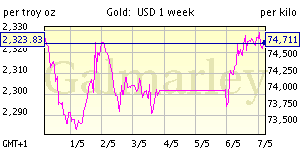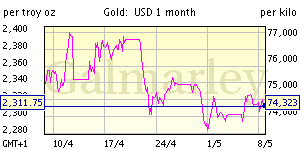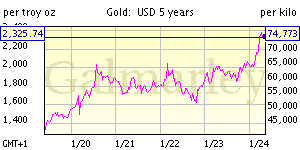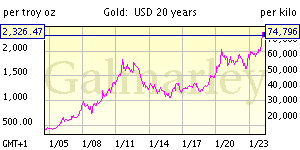The Government has bailed out the banks, but the insurance and mutual fund industries problems will have to be dealt with next. Will they be bailed out? No.
First, those in the know have already fled from these two industries leaving only the unsuspecting public invested. The wealthy already know that the feds don't have the ability to bail out these two industries also, leaving 401(k) plans of the average employee exposed to the risk of default.
In light of the above, if you have the ability to withdraw from your plan, DO IT!
You can't invest in gold in your 401(k), nor cash, nor offshore accounts, or anything else you feel would insure your wealth from disaster. But if you can withdraw or rollover your plan assets, then you have options other than these two "walking dead" industries.
But most likely, you can't take a withdrawal now while you are still working because your plan rules won't allow it. This is common in 401(k) plans.
The IRS rules do permit 401(K) plans to allow participants to take in-service withdrawals (meaning withdrawals while you're still working with the company) after two years of service. So you can write a letter to the Plan Sponsor (get this address from your HR department) and ask them to change their rule. In all likelihood, you'll get a big fat "no" in response, but you never know.
Otherwise, all those hard-earned dollars that you have set aside for retirment remain subject to the risk of being the next casualty of this collapsing financial house of cards.
The following article gives more information (some conflicting) on how to make in-service withdrawals.
Can I rollover my 401k while still employed?
In recent conversations, the question has come up as to whether you call rollover your 401k to a traditional IRA while still employed at the sponsoring employer. There seems to be some confusion about this and rumors of new laws that allow it.
The short answer to the question is, no. By law, you can not withdraw 401k contributions, that is, pre-tax salary deferrals, before severance, plan termination, turning 59 1/2, death, disability or hardship (and you can’t roll over hardship withdrawals).
The long answer is, yes, under certain circumstances, you can.
The standard exceptions do apply, for example, if you are 60 years of age or older, and still working, most qualified plans allow “age 59 1/2 rollovers”. If a particular plan does not, they most likely allow rollovers at age 65. The exceptions can add to the confusion and there is such a thing as the “in-service withdrawal”.
To me, the most interesting exception being the fact that the law only applies to your pre-tax salary deferrals. You CAN rollover (or otherwise withdraw) employer contributions, or employee (after-tax or rollover) contributions. And you can do so without any required taxes or penalties.
This can be a big deal. I know someone who’s matching contributions from his company were paid in company preferred stock and it ended up comprising a whopping 75% of his total plan holdings. He was not allowed, then, to diversify any matching funds elsewhere within the plan.
Being able to rollover the employer contributions was a great opportunity for him diversify his porfolio, get back to a better asset allocation, and contribute to more cost effective funds. But, it was not without penalty. The penalty (defined specifically by his company’s plan) was that he could not contribute to his plan for 12 months beginning from the day the withdrawal took place.
Some employer retirement plans have provisions for you to do a 401k rollover on some of the assets while you are still employed by the employer, but you’ll need to check with your employer to see if they allow it, and what penalties may be associated with it. Most 401k prospectuses and companies in general don’t make this common knowledge to employees.
![[Most Recent Quotes from www.kitco.com]](http://www.kitconet.com/images/quotes_7a.gif)






